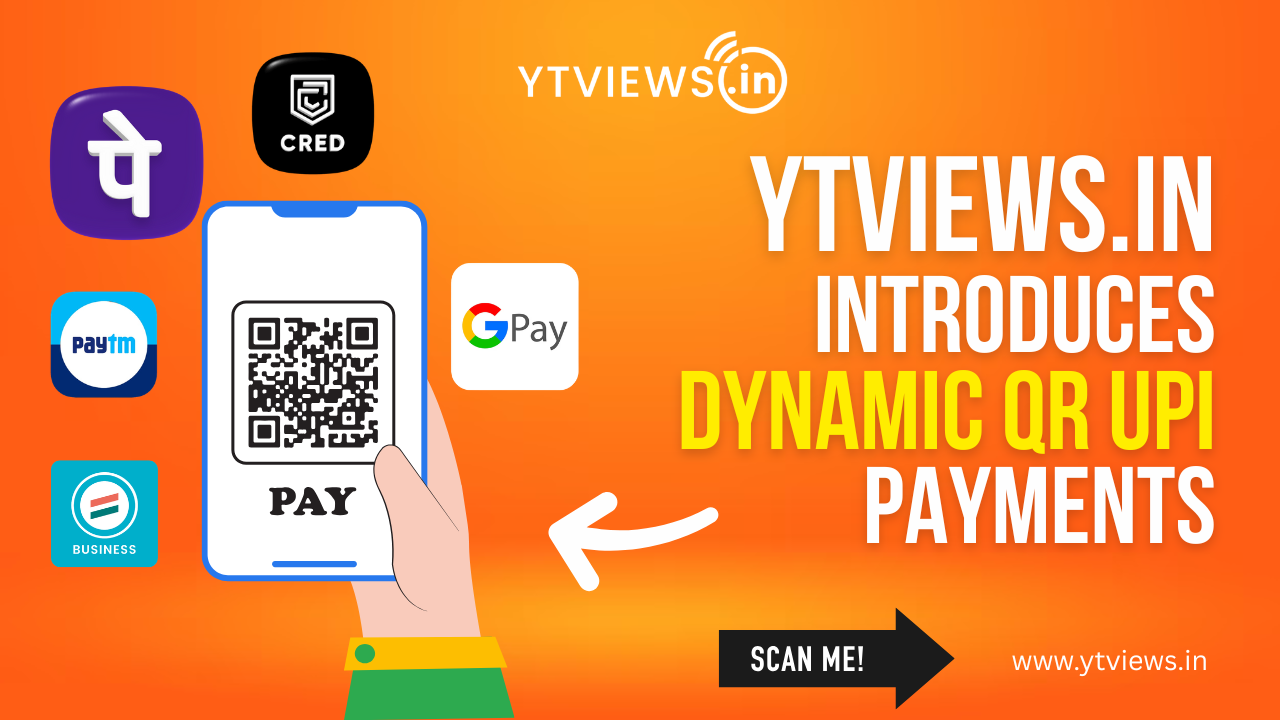The need to introduce Digital Media literacy in schools
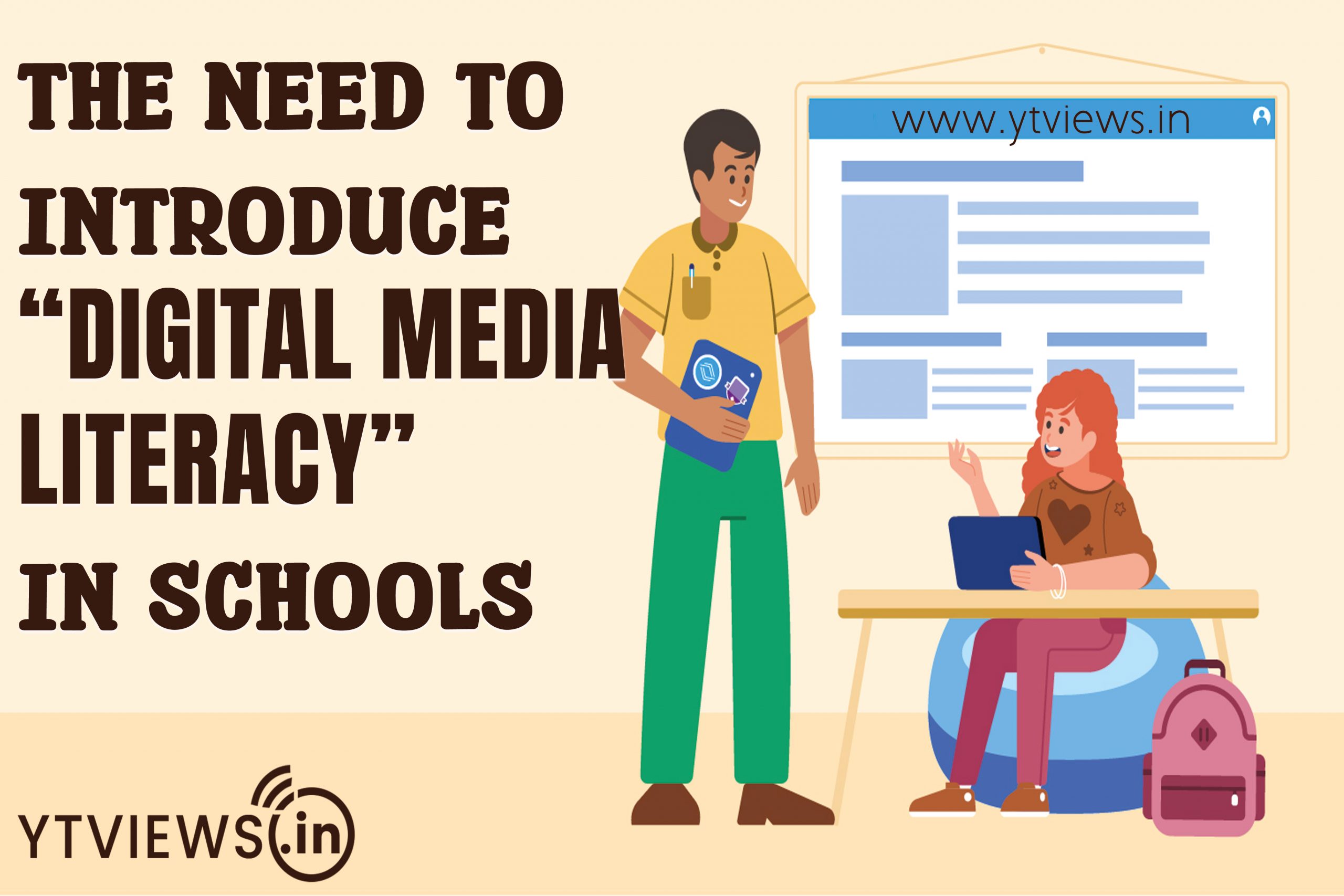 The dearth of emphasis on digital media literacy in education systems, according to a recent survey stressed on the United States and India, is a crucial element in the spread of online disinformation.
The dearth of emphasis on digital media literacy in education systems, according to a recent survey stressed on the United States and India, is a crucial element in the spread of online disinformation.
The ability of social media to streamline and accelerate the spread of disinformation, as well as its negative effects on democracy, is a source of concern for politicians all around the world. Misinformation transmitted through social media applications has been connected to persistent social polarization, the rise of authoritarianism, vaccine hesitancy, and real-life violence (49 per cent of the global population are active users). As a result, preserving democratic values necessitates taking steps to curb and control the spread of misinformation on social media platforms.
Regulation
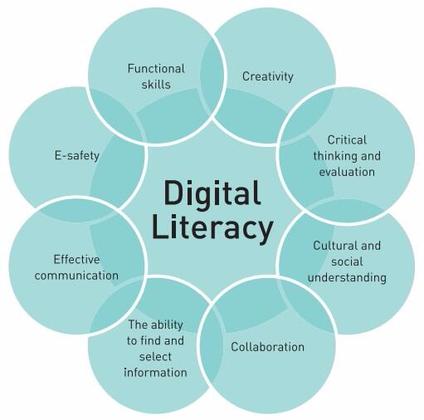
Regulating social media networks like Facebook and Twitter is an increasingly common option among countries. However, such interventions are laden with political repercussions, as citizens in most liberal democratic cultures are wary of government interference in their right to free speech. Another technique is platform self-regulation, which allows for rapid and large-scale modifications. However, because engagement is a major source of money for these platforms, they have an incentive to manipulate their algorithms in order to promote emotionally charged falsehoods. Furthermore, research reveals that misinformation-tagging tactics have just a minor impact on the proclivity to consume and distribute erroneous information.
Programmes for digital media literacy in schools
The ability to distinguish legitimate information from misinformation or fake news is a skill that should be taught to children starting in school so that they can grow up to be responsible citizens. Several international instances can serve as models for Indian governments.
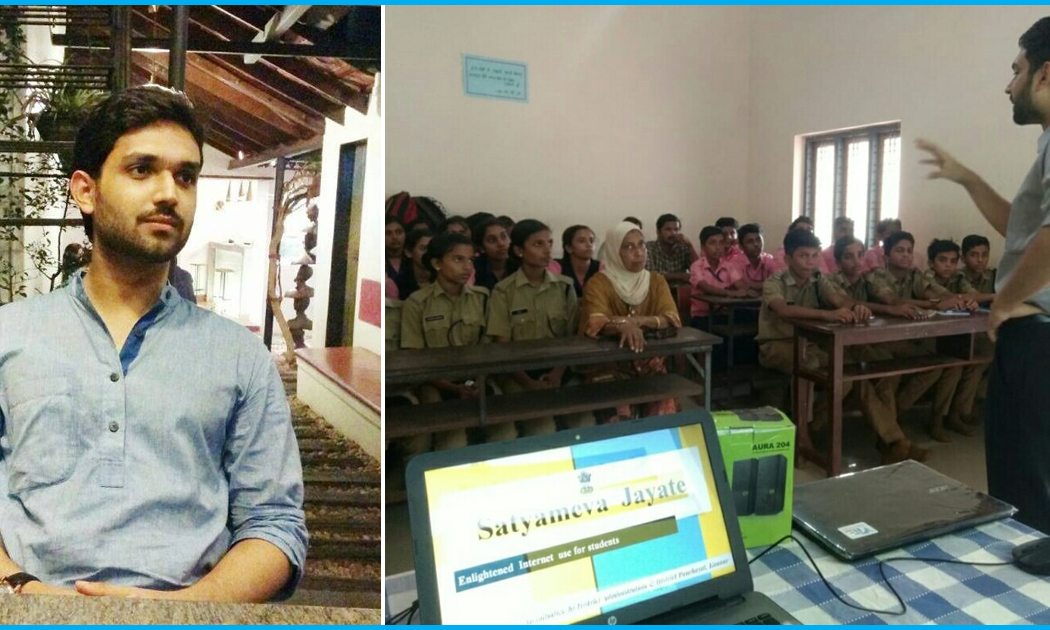
Kannur district in Kerala has taken a similar step. Several incidents of misrepresentation about the MMR (Mumps Measles Rubella) vaccine occurred between 2016 and 2018. To tackle this, the district administration launched “Sathyameva Jayate,” a digital media literacy initiative. The session covered education on issues such as how the internet works, how money is sent to producers via click links, click baits, and filter bubbles, and how social media tailors our internet experience based on our preferences. For student training, teachers used a variety of audio-visual formats. The state administration is implementing a new digital literacy programme in government schools to combat fake news.
Related Posts

YouTube Adds Voice Replies & Shorts Remix Updates

Buy Real X Followers in India for Safe Profile Growth

Ytviews.in Threads Followers Growth Strategy Guide

How to earn money from Instagram reels in 2026
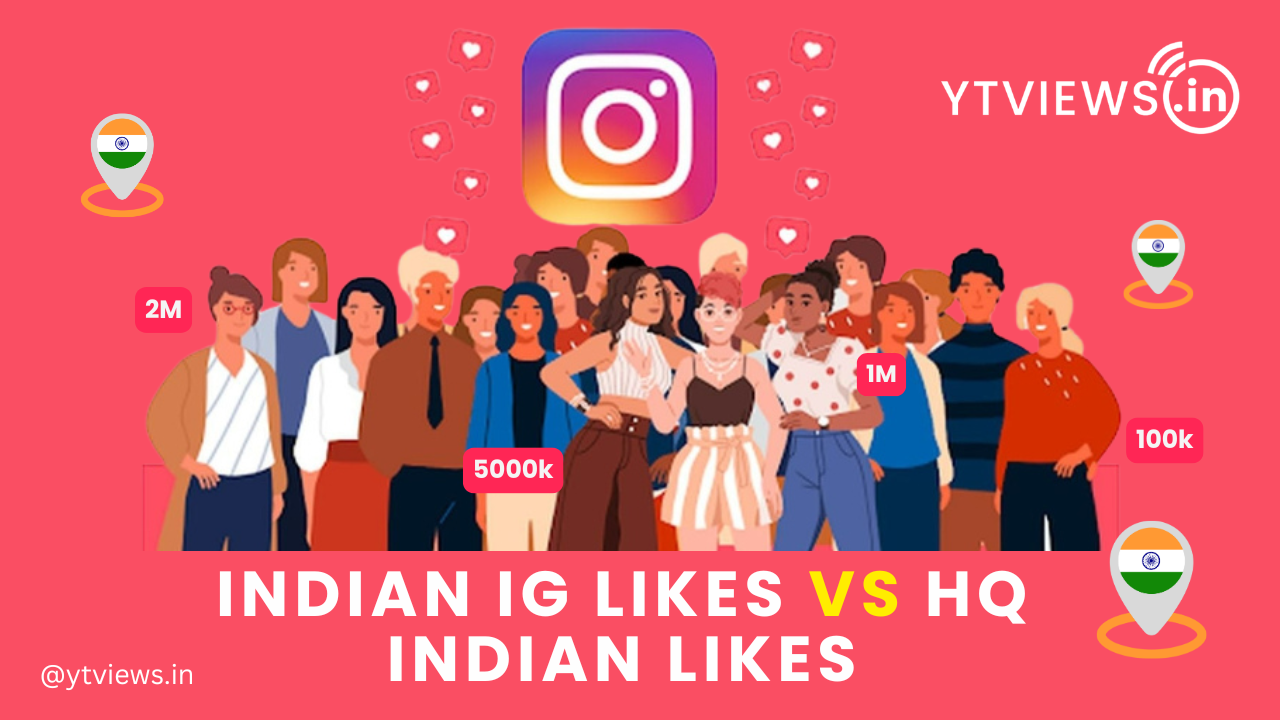
Indian IG Likes vs HQ Indian Likes: What’s the Difference
